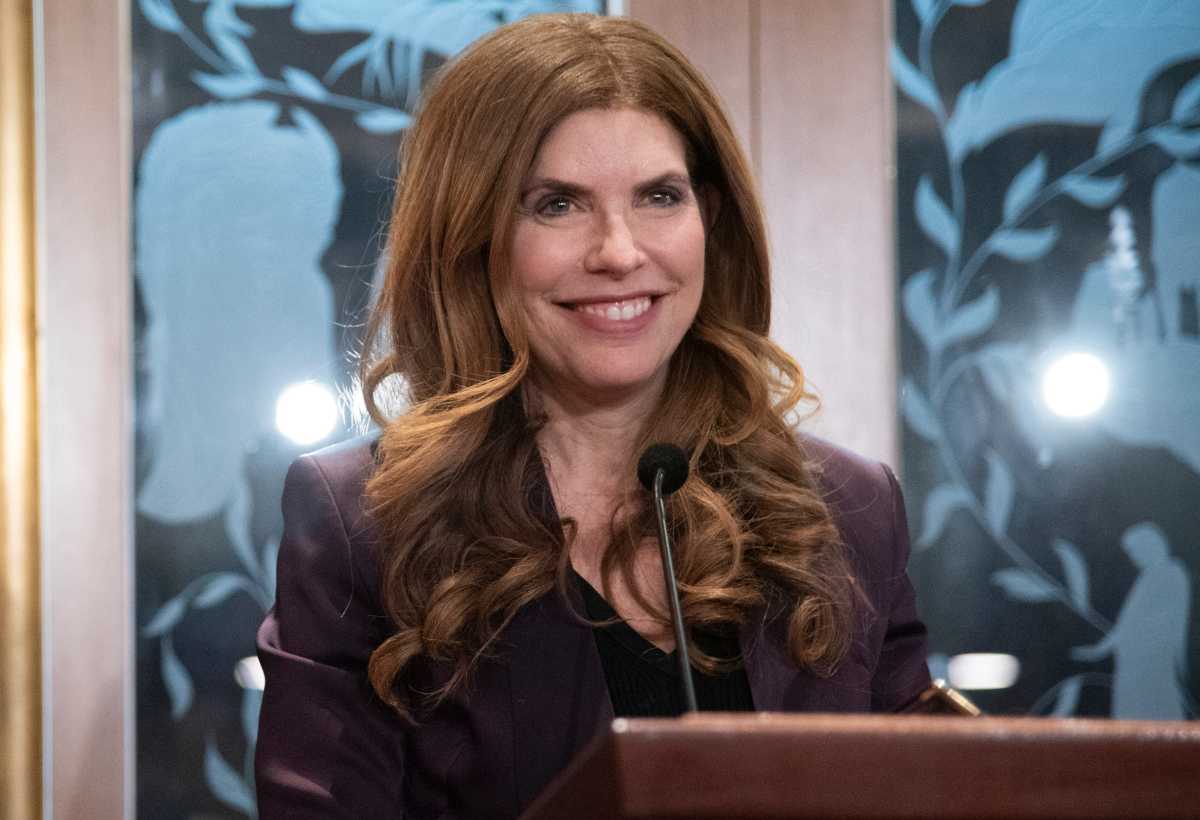Lexus, the automaker known for its self-proclaimed “passionate pursuit of perfection,” has hired a Clinton Hill ad agency to facilitate its latest passionate pursuit: the African-American mommy set. Brooklyn Paper reporter Dana Rubinstein — in passionate pursuit of how precisely the ad agency plans to do that — checked in this week with Rudy Gaskins, one half of the wife-and-husband power duo behind Push Creative Advertising.
Q: How do you go about targeting an ethnic market?
A: The first part is to brainstorm … about the kinds of marketing tools that you can employ. Once you figure out your strategy, you start with tactics. Will we put a particular ad in a magazine because we know that our target audience reads that magazine? If we do an event, are there local heroes who will resonate and give something back to the community?
Q: So what is your strategy to help sell Lexuses to African-Americans?
A: I can’t tell you the specifics, because I’d be giving away the store.
Q: You can tell me at least that your target audience is primarily affluent, right?
A: More specifically, [affluent] African-American women.
Q: That’s interesting. Why just women?
A: If you look at research data, women are making a lot of decisions about luxury purchases. They are rising in the ranks of affluent, employed professionals. And certain cars are more appealing to women.
Q: Do tell.
A: Stereotypically, with men, you go with power and sports.
Q: How predictable.
A: With women, elegance and style will probably play more of a role. Also, with African-American women between the ages of 25 and 40, they often have children. That’s a consideration. A lot of it isn’t all that scientific. It’s really common sense.
Q: How do you know what African-American women want?
A: You determine it first and foremost by asking them.
Q: Like focus groups?
A: Sure, focus groups. Looking at trends, looking at what people are buying by demographic strata. It’s not as simple as 35-year-old Asians versus 35-year-old African-Americans. It depends on what region of the country they live in, what kind of job they have, their salary. All of these things come into play in terms of your choice for a luxury vehicle versus a van or a non-luxury vehicle.
Q: Couldn’t marketing to a particular ethnicity be perceived as offensive?
A: A lot of what we do is multi-cultural marketing. You may see a specific ad for a car with a black model. It’s not that they’re trying to appeal to a black market. Though it does. Its target is the general audience. There are a lot of things we do nowadays that’s more inclusive. I don’t think marketing to a particular ethnic group is offensive. You can make anything negative, depending on the approach you take. If you approach a group as though it’s a monolithic school of fish, that leads to offensiveness.
Q: Can you give me an example?
A: Off the top of my head, I can’t point to an ad that sort of missed the boat that way. What I do hear often from African-Americans and Latinos is that they feel singled out, as if they’re a special case in a negative way, that ads speak to a caricature in a bad way. Some advertising goes after audiences to wring them dry of whatever currency they have left. If you’re targeting a very expensive product to audiences that can’t afford that product, that might make people feel offended. I see it all the time with jewelry promoted to young people, teenagers, college kids. They certainly can’t afford to have luxury purchases.
Q: Like the way every kid now must have an iPod?
A: Right.























